For three years, Brandi Jasmine lived with constant, searing pain in her mouth due to several rotten teeth she wasn’t able to have extracted as the dental work was too expensive.

“Imagine you have toothache. The first thing you do is go running to the dentist. What if you can’t?” Jasmine told Global News. “I couldn’t do it for three years. It was like being tortured every day for three years.”
A self-employed artist from Welland, Ont., Jasmine is among the roughly one-third of Canadians without dental insurance. And while health care is universal, dental care in Ontario is mostly covered by private insurance and leaves thousands with bad teeth that cause a host of physical and mental health problems.
“I went through a nightmare for three years with this and now I’m having problems with another toothache,” she said. “Not sure where the money is going to come from.”
With the June 7 election day just weeks away, Jasmine and other advocates are hoping to make dental care a top issue in the campaign.
In Ontario, the College of Dental Hygienists estimates that between two and three million people have not seen a dentist in the past year because they can’t afford it. Lack of access to dental care also resulted in nearly 61,000 visits to hospital Emergency Rooms in 2015, according to the Ontario Oral Health Alliance.
READ MORE: Here’s what the Liberals, PCs, NDP and Greens have pledged so far
At a minimum of $513 per visit, the organization estimates the cost for dental complaint visits to ERs in province was at least $31 million that year.
Lori Kleinsmith, a health promoter with Bridges Community Health Centre in Port Colborne, said poor oral health can lead to more serious chronic conditions which eventually affect the healthcare system.
“When people aren’t able to maintain good oral health, it can lead to serious health issues, chronic conditions in the mouth which then can spread other parts of the body,” Kleinsmith said. “It can also cause stress and anxiety.”

Get weekly health news
Kleinsmith said while it would be ideal to bring dental care under Canada’s publicly funded healthcare system, Ontario should fund programs to include children, seniors and patients with low income.
“There are international models that Canada should be striving to work towards,” she said. “The people who need the most dental care are the least likely to access it.”
Kathleen Wynne’s Liberals
The Liberals have promised that Ontarians without workplace health benefits will be able to recoup hundreds in drug and dental costs beginning in the summer of 2019 if her party is reelected.
Under the Ontario Drug and Dental Program (ODDP), an individual would pay up-front for their eligible expense, and the program would reimburse up to 80 per cent of the cost to a yearly maximum of: $400 for singles, $600 for couples and $50 for each child in a family.
READ MORE: Here’s what you need to know about the Liberals’ drug and dental plan
With the average cost of a teeth cleaning ranging from $100-$200, Kleinsmith said this “benefit” doesn’t go far enough.
“I don’t think it was particularly well thought out in terms of how little people will be able to stretch the money,” she said.
Doug Ford’s Progressive Conservatives
If elected a Progressive Conservative government would invest $98 million per year to help low-income people access dental care.
According to the party, more money will be put into “Public Health Units, Community Health Centres, and Aboriginal Health Access Centres,” while also increasing funding for dental care in under-serviced areas and establish more mobile dental buses to serve remote communities.
Ford said the plan could help up to 100,000 seniors each year and would use the same threshold as the Ontario Drug Benefit, meaning a single senior with a $19,300 or less income or a couple with a combined income of $32,300 or less will be eligible.
Kleinsmith said the emphasis on low-income seniors is “extremely important” but funding needs to cover more people.
“One in three people who work don’t have access to workplace dental,” she said.
Andrea Horwath’s NDP
The NDP leader has promised $1.2 billion to provide dental coverage to an additional 4.5 million people if her party wins the election.
Called Ontario Benefits, Horwath has said it would provide coverage for students, seniors and people working jobs without dental benefits. Individuals with incomes under $30,000 would receive free care. Horwath has said the program would be funded with money coming from higher taxes on the wealthy and corporations.
READ MORE: Ontario NDP leader Andrea Horwath pitches public dental plan
The plan would cover a number of dental procedures including basic exams, cleanings, x-rays, preventative and minor restorative work and necessary dentures.
“The NDP’s plan is probably the most comprehensive,” Kleinsmith said. “It promises universal coverage through a combination of both private plans and an expansion of public offerings.”
What is missing?
Dr. LouAnn Visconti, president of the Ontario Dental Association, said the organization is thrilled that after decades of silence, parties are talking about dental care, but is asking that whoever forms the next government look closely at increasing funding for programs like the Healthy Smiles dental program, which is aimed at helping low-income kids in the province.
“The important thing to remember is we have existing programs,” she said. “They are just not being funded properly.”
“The province needs to step up and deepen its commitment to these programs.”
WATCH: How will Ontario’s parties tackle the provincial deficit?

The ODA has said dentists in the province treat about 200,000 kids under the Healthy Smiles program but says the province has failed to ensure that all 500,000 eligible children and youth get the care they need.
Jasmine said she was lucky when a dentist in Markham offered to do some of her badly needed dental work free of charge. She wants more from parties on the issue and has become a kind of activist in the fight for better dental care.
“People look at you very differently when you have rotting teeth in your mouth. They make judgements and assumptions about you,” she said. “We just need to extend OHIP coverage to everyone for dental.”

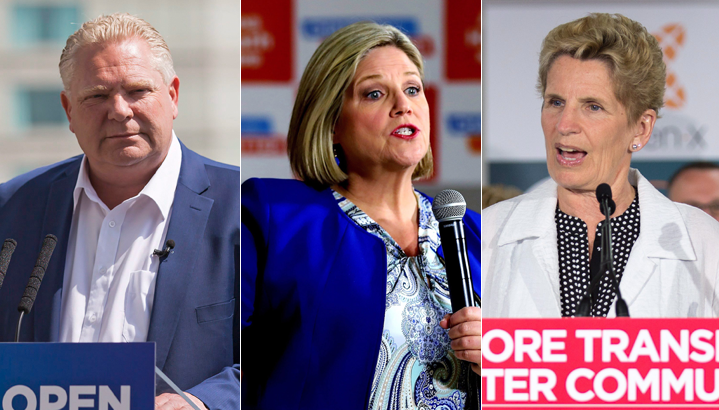
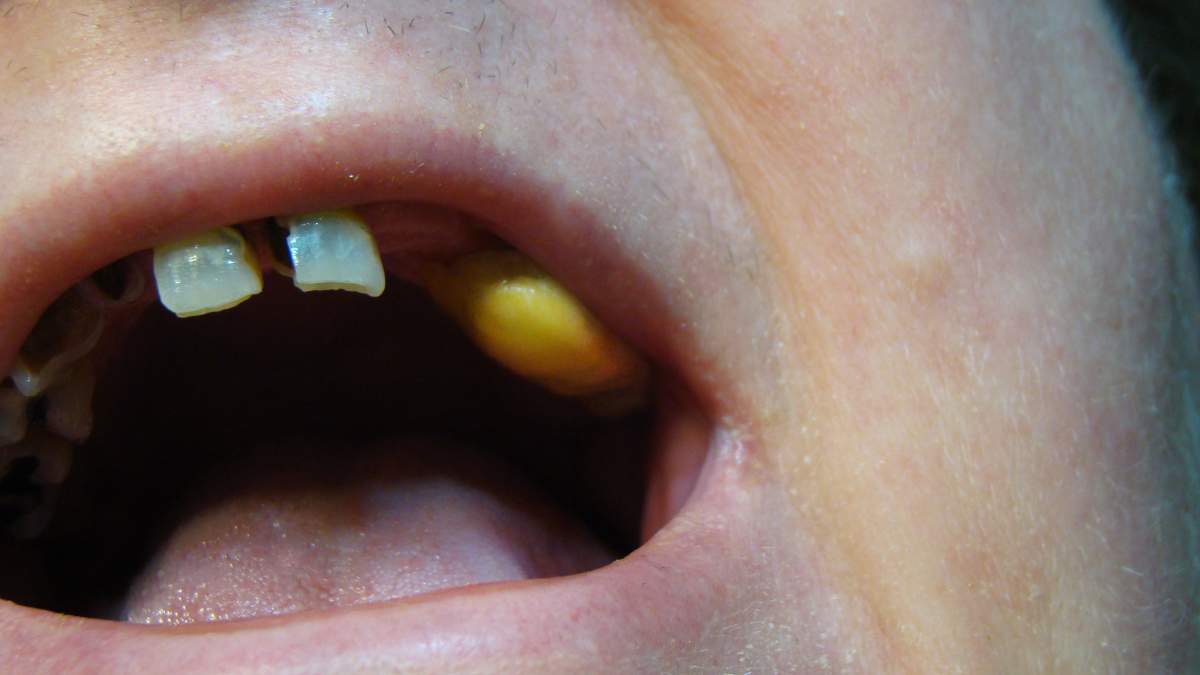








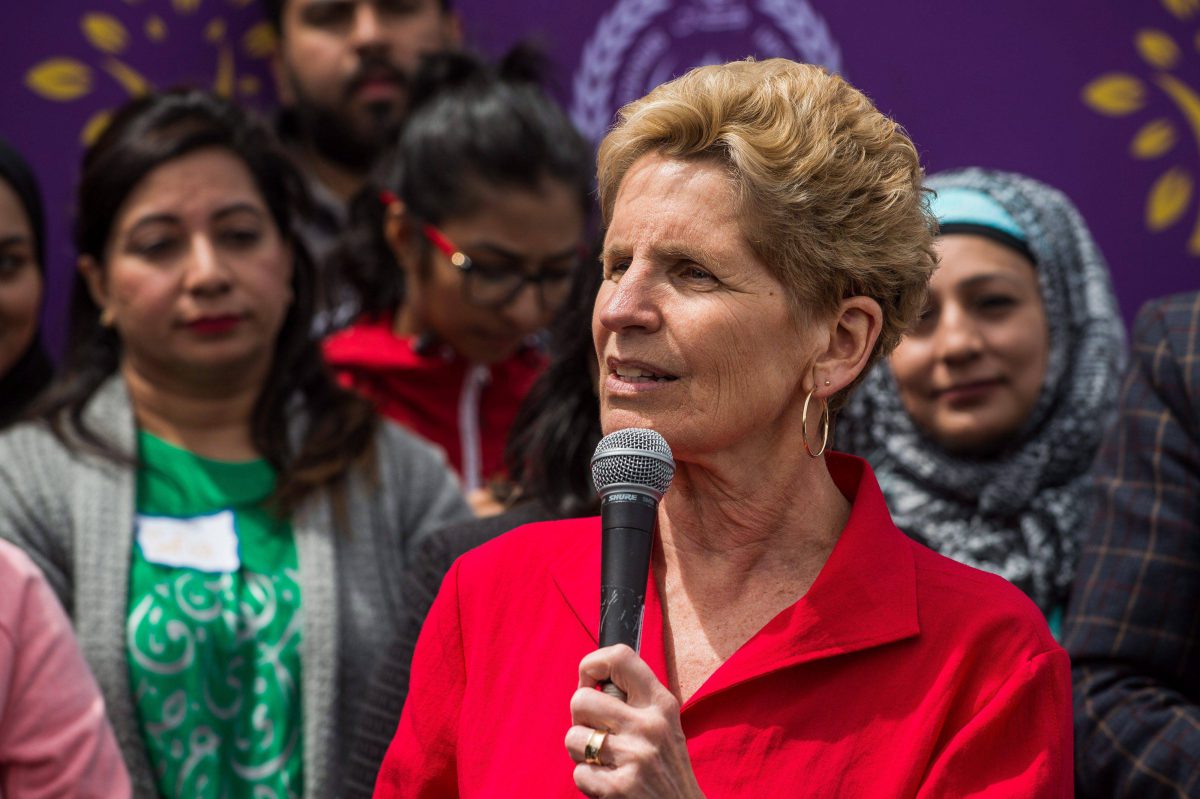
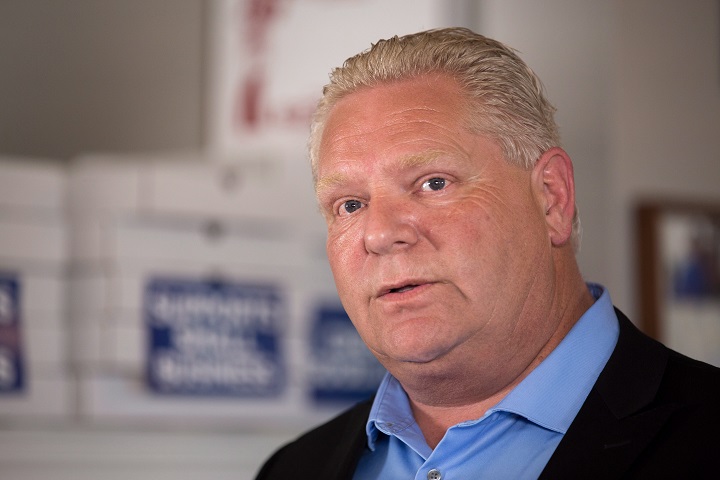


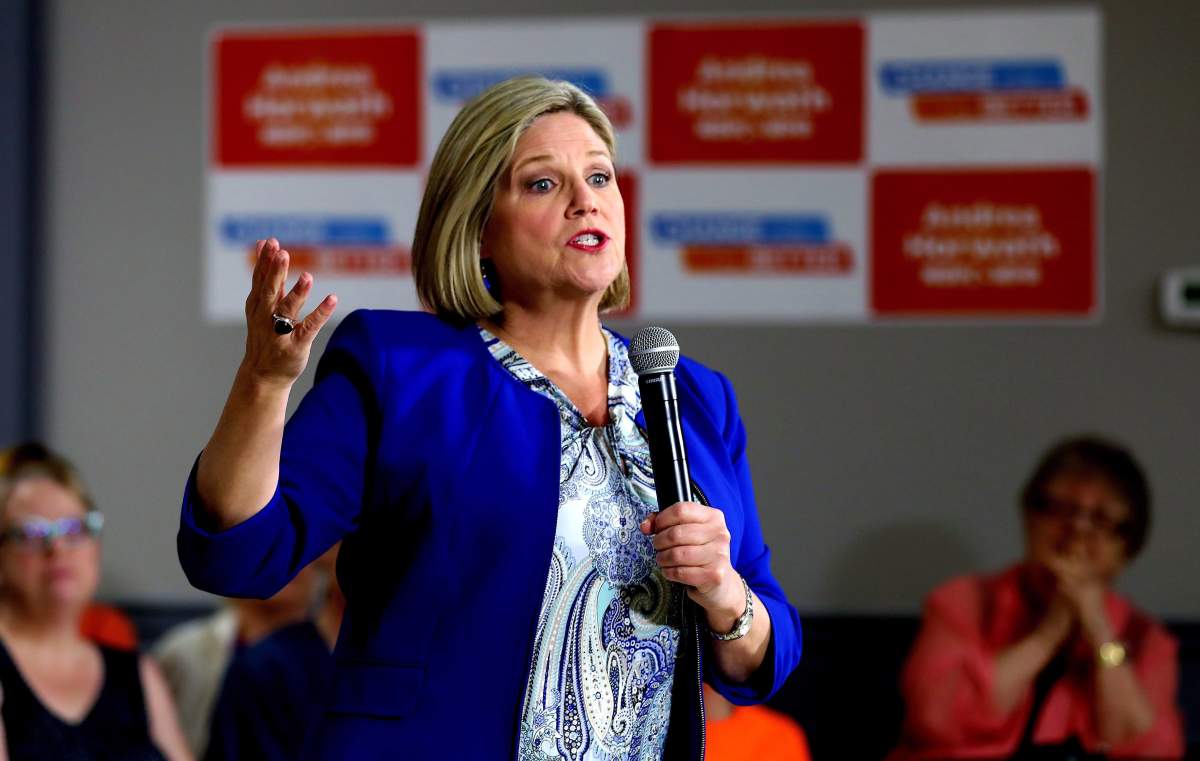




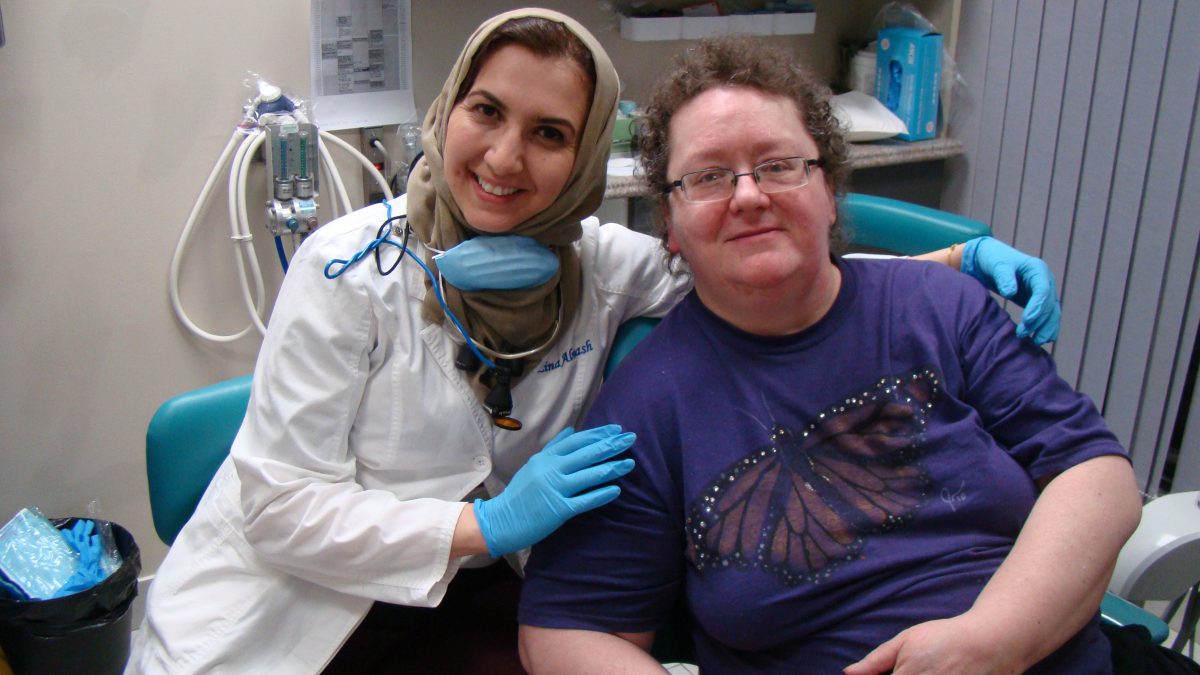
Comments